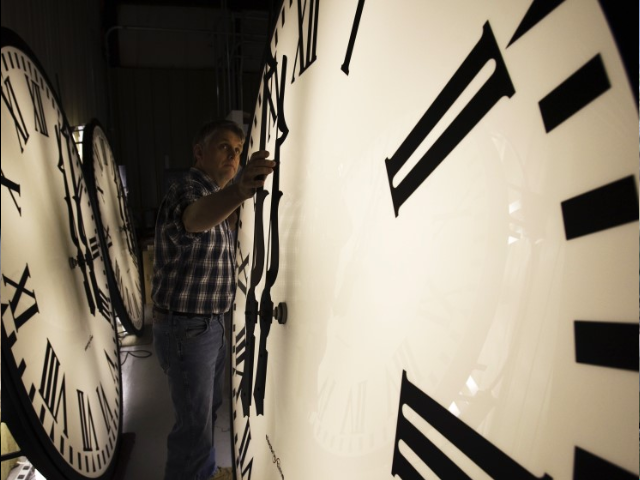-

-
-
Loading

Loading


Clocks moved forward by one hour in the United Kingdom on Sunday, marking the start of British Summer Time (BST), as the long-standing practice of daylight saving once again stirred debate over its health effects and relevance. The shift, which took effect at 1am GMT, has cost Britons an hour of sleep but brought lighter evenings as spring sets in. The practice, commonly remembered by the phrase “spring forward, fall back”, has been in place for over a century. British Summer Time runs from the last Sunday in March until the last Sunday in October, when the clocks revert to Greenwich Mean Time (GMT). Though historically linked to energy savings and agricultural productivity, experts say these benefits are outdated. The British Sleep Society has called on the government to abolish the biannual time shift, citing its impact on circadian rhythms and public health. Sleep researcher Charlie Morley said there is “overwhelming” evidence that even losing one hour of rest can have a measurable impact on mental and physical health. Studies have linked the shift to increases in heart attacks and strokes in the days following the change. One study cited by the American Heart Foundation reported a 24% rise in heart attacks the day after the spring switch. Another Finnish study found an 8% rise in admissions for the most common type of stroke. “These changes activate the brain’s fear centre,” Morley told Sky News. “It can make everything seem more stressful or threatening.” Globally, only about one-third of countries still observe daylight saving time. In Europe, the European Parliament previously voted to scrap the practice, though the plan stalled after failing to secure agreement with the EU Council. In the United States, former President Donald Trump and Secretary of State Marco Rubio have both called for an end to daylight saving. Trump described the twice-yearly change as “stupid” in a post last December. Sleep specialists recommend measures such as gradually adjusting bedtime, increasing morning sunlight exposure, and managing caffeine intake to ease the transition. Morley also noted that short naps — ideally 20 to 60 minutes — can help, provided they end at least six hours before bedtime. Despite calls for reform, the UK government has made no recent move to reassess its policy, leaving the debate on whether to end daylight saving unresolved for now.
if you want to get more information about this news then click on below link
More Detail